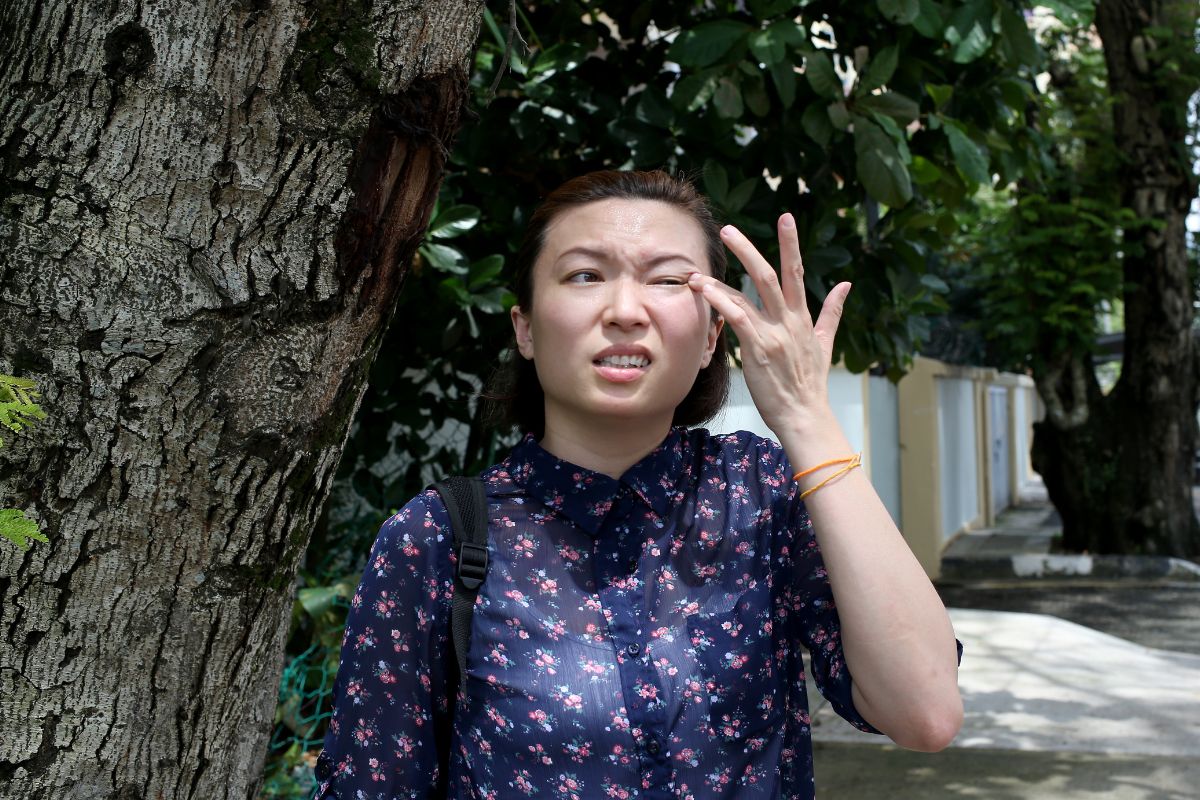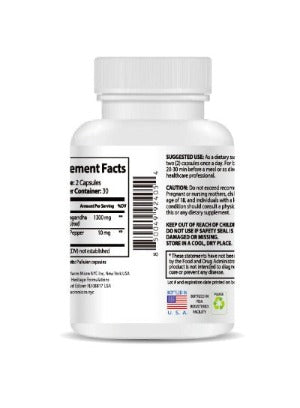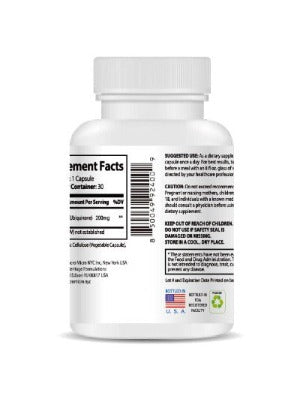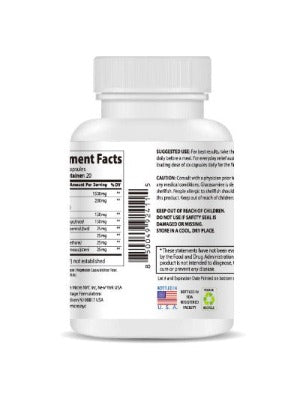When to See a Doctor for Eye Allergies and Itchy Eyes: A Comprehensive Guide
Eye allergies and itchy eyes are incredibly common, affecting millions worldwide. These irritating conditions, often caused by environmental allergens like pollen, dust mites, pet dander, or even certain foods, can significantly impact your quality of life. The discomfort they cause can range from a minor annoyance to a debilitating irritation, making it difficult to focus on daily tasks and even affecting sleep. While many cases are manageable at home, understanding when to seek professional medical advice is critical for preventing complications and ensuring your eye health. Ignoring persistent or worsening symptoms can potentially lead to secondary infections or long-term eye problems.
Understanding the Root of the Itch: Eye Allergies Explained
Eye allergies, medically termed allergic conjunctivitis, arise when your eyes' immune system overreacts to harmless substances, triggering an inflammatory response. This reaction leads to the release of histamine, a chemical compound that causes the characteristic symptoms of eye allergies. These symptoms can range from mild discomfort to debilitating irritation, making it difficult to focus on daily tasks. The intensity and duration of symptoms vary greatly depending on the individual, the allergen, and environmental factors. Some individuals may experience only mild itching and redness, while others might face significant swelling, watery eyes, and even light sensitivity.
Common Allergens and Triggers: A Deeper Dive
Identifying common allergens is a crucial step in managing eye allergies. While self-diagnosis is possible, a proper diagnosis from a healthcare professional is always recommended, especially for persistent or severe symptoms.
- Pollen: Tree, grass, and weed pollen are potent culprits, especially during their respective pollen seasons. Pollen counts are often highest in the morning and during dry, windy conditions. Knowing your local pollen forecast can help you plan activities and minimize exposure.
- Dust Mites: These microscopic creatures thrive in bedding, carpets, and upholstery, releasing allergens that can trigger significant reactions. Regular cleaning, vacuuming, and using allergen-proof covers for mattresses and pillows can significantly reduce dust mite exposure.
- Pet Dander: Proteins shed from pets' skin, fur, and saliva are potent allergens for many individuals. While many pet lovers find it difficult to part with their furry friends, strategies such as regular bathing, keeping pets out of bedrooms, and using air purifiers can help manage pet dander allergens.
- Mold Spores: Found both indoors and outdoors, mold spores can cause allergic reactions in susceptible people. Mold thrives in damp environments, so ensuring good ventilation and addressing any moisture issues in your home is crucial.
- Cosmetics and Makeup: Certain ingredients in cosmetics and makeup, such as preservatives and fragrances, can trigger allergic reactions in the eyes. Opting for hypoallergenic products and carefully reviewing ingredient lists can help minimize reactions.
- Foods: In some cases, certain foods can trigger allergic reactions that manifest in the eyes. This is less common than environmental allergens but should be considered if other triggers have been ruled out.
Self-Care Strategies for Mild Eye Allergy Symptoms: A Comprehensive Approach
For individuals experiencing mild eye allergy symptoms, several self-care strategies can often provide relief. Remember that these strategies are most effective for mild cases and should not replace professional medical advice if symptoms worsen or persist.
- Cool Compresses: Applying cool, damp compresses to the eyes for 10-15 minutes at a time can help reduce swelling and soothe irritation. This simple remedy can provide immediate relief from itching and discomfort.
- Artificial Tears: Lubricating eye drops, available over-the-counter, can help alleviate dryness and discomfort caused by allergies. These drops help to wash away irritants and provide moisture to the eyes.
- Over-the-Counter Antihistamine Eye Drops: These drops can help reduce itching and redness by blocking the effects of histamine. They are a quick and effective way to manage many mild allergic reactions.
- Warm Compresses (for stubborn mucus): While cool compresses are great for swelling, warm compresses can help loosen and remove mucus buildup, which can contribute to itching and discomfort.
- Identifying and Avoiding Triggers: This is perhaps the most effective long-term strategy. Keeping a detailed diary of your symptoms and when they occur can help you pinpoint specific allergens. Once identified, minimizing exposure is crucial for effective long-term management. This may involve using air purifiers, regularly washing bedding, and avoiding known triggers.
- Proper Hygiene: Frequent handwashing helps prevent the transfer of allergens to your eyes. Avoid rubbing your eyes, as this can worsen irritation and spread allergens.
When Home Remedies Aren't Enough: Recognizing the Need for Professional Care
While home remedies can often provide relief for mild eye allergies, there are instances where seeking professional medical advice is crucial. Delaying treatment can lead to more serious complications, so it's important to be aware of warning signs.
- Severe or Persistent Symptoms: If your symptoms are intense, prolonged (lasting more than two weeks), or significantly impair your daily life, it's time to seek medical attention. This includes severe itching, swelling, or constant discomfort.
- Vision Changes: Blurred vision, double vision, or any changes in visual acuity necessitate an immediate visit to an ophthalmologist. Vision changes may indicate a more serious underlying condition.
- Excessive Swelling or Redness: If your eyes become severely swollen, causing the eyelids to close partially or completely, or unusually red, indicating potential infection or a serious reaction, consult a doctor immediately. This could be a sign of a more significant problem that requires treatment.
- Pain: Eye pain accompanying itching and redness suggests a potential infection (like conjunctivitis) and requires professional evaluation. Infections need prompt treatment to prevent complications.
- Discharge: Any yellow or green discharge from your eyes points towards infection and the need for prompt medical care. Ignoring an infection can lead to more severe problems.
- Symptoms that Don't Respond to Home Remedies: If self-care strategies fail to provide relief after a reasonable period, a doctor can offer more effective treatment options. This means your body is likely not responding well to simple self-care.
- Contact Lens Wearers: Individuals who wear contact lenses should be particularly cautious and seek professional advice if they experience any eye irritation or discomfort while wearing them. Contact lenses can easily become a breeding ground for infection, and can lead to significant problems.
Introducing Wise Quest Soothing Eye Patches
For those experiencing mild discomfort from eye allergies and itchy eyes, consider using Wise Quest Soothing Eye Patches - 1-Month Care Pack. These patches, leveraging the principles of traditional Chinese herbal medicine, offer a soothing solution for various eye discomforts. They effectively relieve eye fatigue, dryness, astringency, redness, and swelling, often associated with prolonged screen time or environmental irritants. The patches promote healthy blood circulation around the eyes, contributing to overall eye health and comfort. These patches are a great option for those who find relief from mild symptoms through soothing and gentle methods, but should not replace medical attention for more serious conditions. 
Professional Diagnosis and Treatment Options: A Deeper Look
An ophthalmologist or optometrist can accurately diagnose the underlying cause of your itchy eyes and offer tailored treatment options. They may perform a thorough eye exam, including assessing your visual acuity, checking for any signs of infection, and identifying potential allergens. Based on the diagnosis, they will recommend appropriate treatment.
- Prescription Eye Drops: Stronger antihistamine or steroid eye drops may be prescribed for more severe allergic reactions. These drops offer more potent relief than over-the-counter options.
- Oral Medications: In some cases, oral antihistamines or other medications, like mast cell stabilizers or anti-inflammatory drugs, may be necessary to manage symptoms, especially if the allergic reaction is widespread.
- Allergy Testing: Allergy testing, such as skin prick tests or blood tests, can help pinpoint specific allergens triggering your symptoms, enabling you to implement effective avoidance strategies. This is a critical step towards long-term management of allergies.
- Immunotherapy: In cases of severe allergies that are not responding to other treatments, immunotherapy (allergy shots) may be considered to desensitize your immune system to specific allergens. This is a long-term solution requiring regular injections but can significantly reduce the severity of reactions over time.
Preventing Future Eye Allergy Episodes: Proactive Measures
Beyond managing existing symptoms, proactive measures can significantly reduce the frequency and severity of future eye allergy episodes. These preventative measures are just as important as treatment, and often play a critical role in preventing allergic reactions.
- Regular Cleaning: Regularly cleaning your home, particularly bedding, carpets, and upholstery, can help minimize exposure to dust mites and other allergens. This includes vacuuming, washing bedding in hot water, and using allergen-proof covers for mattresses and pillows.
- Air Purifiers: Using air purifiers with HEPA filters can help remove airborne allergens from your environment. This is particularly beneficial for individuals with severe allergies or those living in areas with high pollen counts.
- Pollen Monitoring: Staying informed about local pollen counts and adjusting your outdoor activities accordingly can help minimize exposure during peak pollen seasons. Many weather apps and websites provide daily pollen forecasts.
- Protective Eyewear: Wearing sunglasses or protective eyewear outdoors can help shield your eyes from pollen, dust, and other airborne irritants. This is particularly helpful during peak pollen seasons.
- Showering After Outdoor Activities: Showering after being outdoors, especially during peak pollen seasons, can help remove pollen from your hair and skin, reducing exposure.
- Consider a Nasal Rinse: A nasal rinse can help clear out pollen and other irritants that may contribute to eye allergies. This is another excellent proactive measure.
Conclusion: Prioritizing Your Eye Health
While mild eye allergies and itchy eyes can often be managed at home with self-care strategies and products like the Wise Quest Soothing Eye Patches, it's essential to recognize when professional medical intervention is required. Don't hesitate to contact your doctor or ophthalmologist if your symptoms are severe, persistent, or accompanied by other concerning signs. Taking proactive steps to manage eye allergies and address any complications can ensure the long-term health and well-being of your eyes. Remember, early intervention is key to preventing more serious issues from developing. Early recognition and treatment can also greatly improve the quality of life for those suffering from eye allergies.









